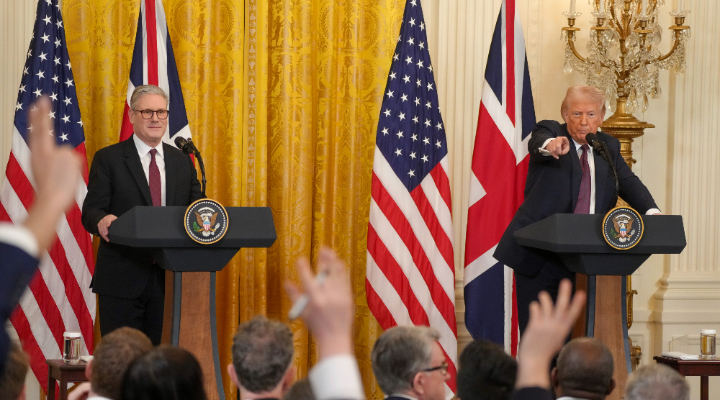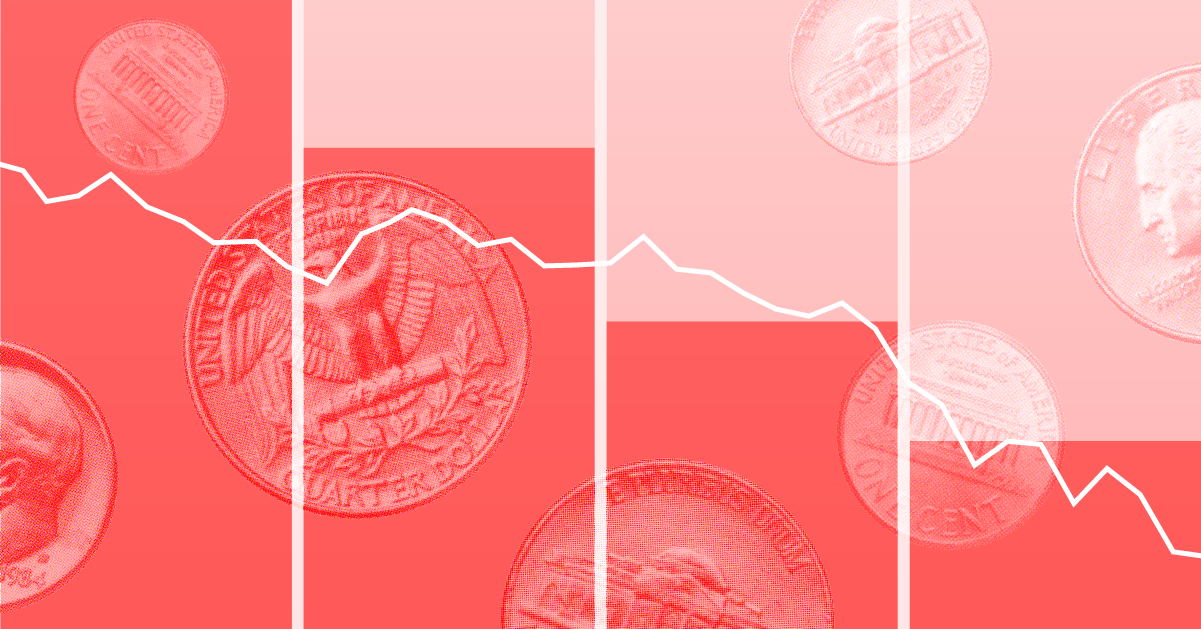Following the announcement of Unilever’s imminent acquisition of Sara Lee’s international personal-care business, we take a look at Morningstar stock analyst Erin Swanson’s assessment of the former's UK-listed stock. (Click here for our take on the acquisition).
Fair value estimate: 1,719p¦ Fair value uncertainty: Medium¦ Economic moat: Narrow
Thesis
In the past, an extremely decentralised and complex structure hindered
Unilever's ability to realise the growth and profitability that should
emanate from one of the largest players in the packaged food and
household and personal product industries. That said, we believe that
management's efforts to root out inefficiencies (a strategy that was
begun by former CEO Patrick Cescau and that new CEO Paul Polman is
continuing to implement) seems to be gaining traction, despite numerous
external head winds.
Unilever's status as a giant consumer product firm partly resulted from its foresight to secure a first-mover advantage in international markets, particularly in fast-growing developing and emerging markets. However, because of its use of a local go-to-market strategy, Unilever's efforts failed to generate a clear global strategy, while at the same time producing a bloated organisation in terms of brands, facilities, and employees. In our opinion, Unilever neglected the scale and efficiency advantages that potentially exist for a firm of its size.
Management is not sitting still, but rather is working to jump-start sales growth and operating margin improvement. The latest restructuring plan seeks to aggressively reduce the firm's brand portfolio, manufacturing facilities, and employee base. Although new management is still reluctant to target the level of improvement it anticipates from these efforts, we expect the operating margin will approach 16% by 2013 (versus 14.6% in 2008). We are concerned about whether these efforts will be more successful than past attempts to reduce the complexity of Unilever's business--most notably through the firm's path to growth initiative--that failed to generate the pop to sales and margins that management had expected.
Besides its internal challenges, Unilever also faces external head winds, such as elevated commodity costs. During the recent past, the firm has charged higher prices on its products to offset at least a portion of these increased costs. Even though we had been concerned that the higher prices Unilever was charging could hurt volume as consumers rein in their spending, it now appears that the firm is committed to actively managing the pricing of its products. Although these initiatives seem to be successful now, we will monitor whether the firm's efforts to chase volume gains will ultimately prove to be an unprofitable endeavor.
Despite these issues, Unilever generates substantial free cash flow, and given its scale and the strength of its brand portfolio, cash flows should hold up even in difficult times, in our view.
Valuation
Our fair value estimate for Unilever PLC is 1,719p per share. Our
valuation is based on an exchange rate of 0.8657p per euro as of Aug.
24, 2009. Because of Unilever's global business, our fair value estimate
will continue to fluctuate with this exchange rate. Left unhedged, a
depreciation in the euro will lower the value of a British
pound-denominated investment in the firm's shares. Although we believe
sales will be flat in the current year as volatile foreign currency
movements and soft consumer spending restrict the firm's growth, we
model average annual revenue growth of 2%-4% during the next five years.
We expect elevated commodity costs will continue to pressure gross
margins over the near term, but we expect Unilever will realise a
portion of the anticipated cost savings from its current restructuring
initiatives. As a result, our forecast assumes that reported operating
margins approach 16% by 2013, up from 14.6% in 2008.
Risk
Elevated commodity costs continue to weigh on Unilever's profitability,
a situation that shows few signs of abating. In addition, with about 50%
of its total sales resulting from developing and emerging markets,
Unilever is subject to changes in foreign exchange rates. This
international presence also exposes the firm to political and economic
risks. Finally, Unilever is undergoing a major restructuring initiative,
the results of which are far from certain and could lead to instability
in its operations.
Strategy Strategically, Unilever is focused on driving sustainable revenue growth, while at the same time improving margins. During the last two years, Unilever has steered away from less profitable businesses and geographic segments. Management is emphasising is on segments where the firm possesses a higher potential for growth over the long term, such as personal-care products and geographies with favorable consumption trends.
Management & stewardship
After 35 years at the firm and four years at the helm, Patrick Cescau
has stepped down as CEO. To fill his shoes, the board tapped Paul
Polman, who was most recently executive vice president and zone director
for the Americas at Nestle.
In our opinion, Polman (the first outsider to run the large consumer
goods organisation) could be the right person to shake things up, after
gaining valuable experience during his years at Procter
& Gamble and most recently Nestle. Overall, corporate governance
at Unilever is fair. We are impressed by the level of detail this firm
provides to the market, particularly in its quarterly earnings releases.
We also like that Unilever operates with two different individuals
holding the positions of chairman and CEO. However, that is where the
favorable aspects of the firm's corporate governance end. First, we take
issue with Unilever's compensation structure. More than 50% of the CEO's
total annual compensation is composed of base pay. In addition, annual
incentives paid to executives are primarily cash, which is not ideal, in
our eyes. Also, directors are paid hefty sums for serving on Unilever's
board, again mostly in cash. We believe management's and directors'
interests could be better aligned with shareholders' if equity
represented a larger portion of total compensation. Finally, in our
opinion, the firm's multiple-class structure, with varying voting
rights, is not in the best interests of minority shareholders.
Profile
U.K.-based Unilever PLC and Netherlands-based Unilever
N.V. operate Unilever Group, which is a diversified packaged food
(about 55% of total sales), and household and personal product (about
45% of total sales) company. Unilever derives 31% of its sales from
Western Europe, 32% from the Americas, and 37% from Asia, Africa, and
Central and Eastern Europe. The firm's brands include Knorr soups and
sauces, Hellmann's mayonnaise, Dove soaps, and Lipton teas, among others.
Growth
Acquisitions and divestitures clouded Unilever's top-line results during
the last five years. Given the positioning of the firm's brands and the
maturity of its core markets, we expect Unilever to post 3%-4% annual
sales growth over the long term.
Profitability
We believe operating margins have some room to improve. In 2008,
Unilever reported an underlying operating margin of 14.6%. In our
opinion, current restructuring initiatives should positively affect
profits to the tune of more than 100 basis points during the next five
years.
Financial health
With only €8.8 billion of long-term debt on its balance sheet and
interest coverage of almost 9 times earnings, Unilever should be able to
service its debt without any financial strain on its business.
Morningstar's editorial policies prohibit analysts from owning stocks they cover. Find out more about Morningstar's editorial policies here.
























